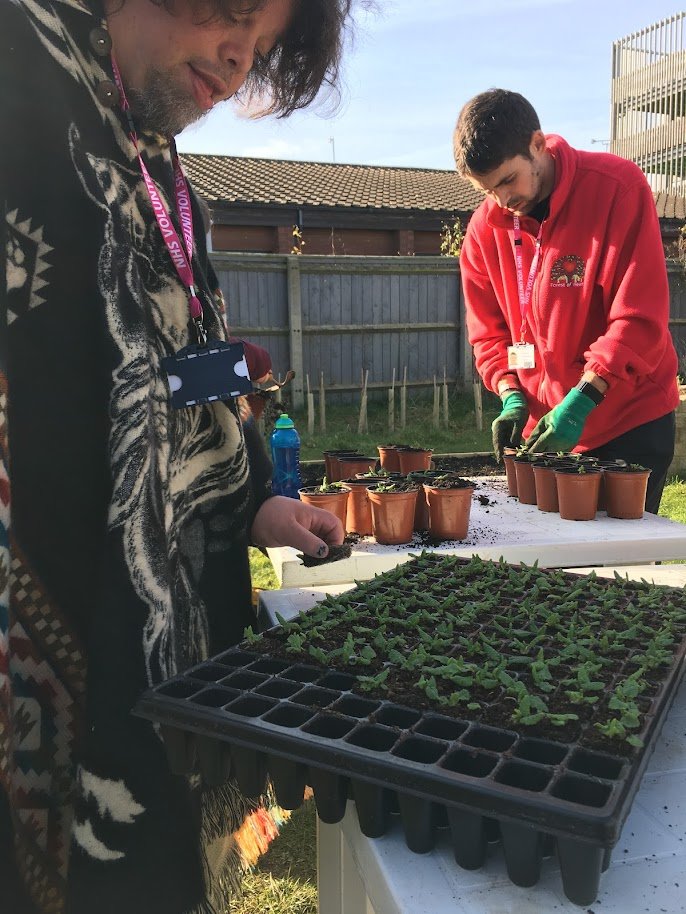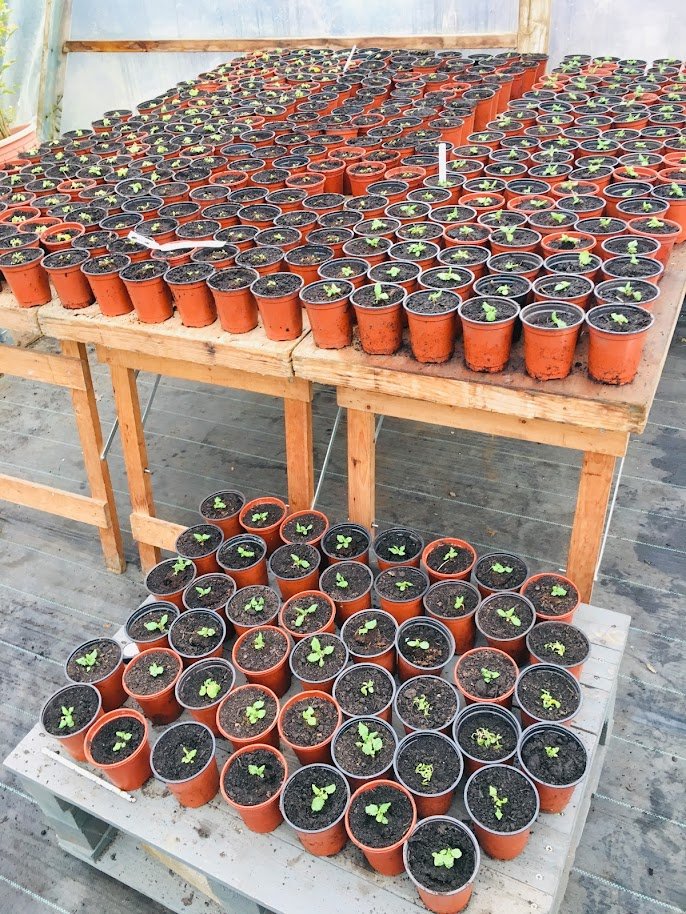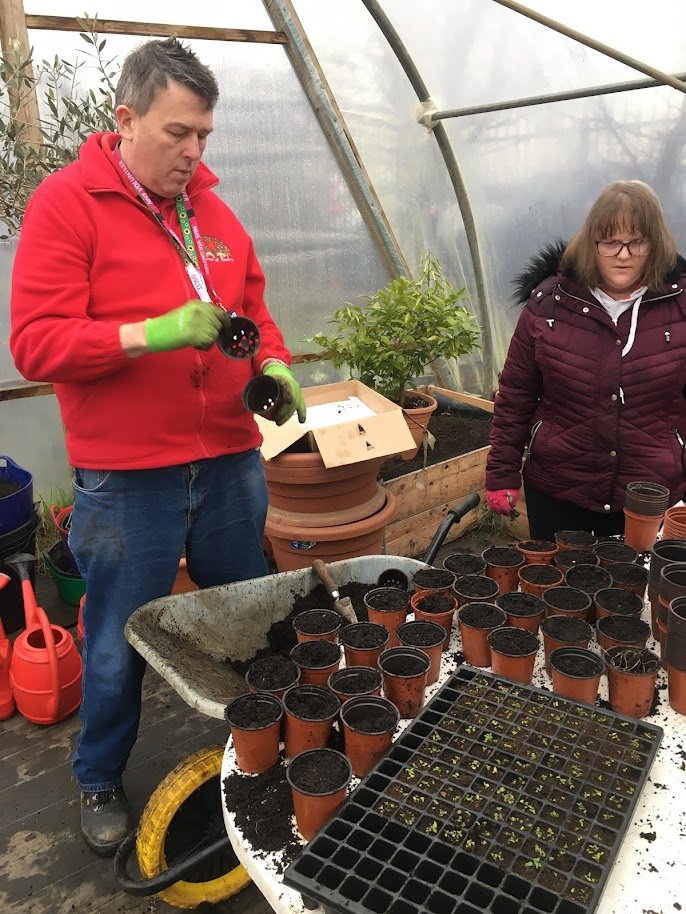March Plant of the Month: Primula Elatior
Common names: Oxlip, True Oxlip, or Paigle
Origins
Oxlip is a perennial plant of the primrose (Primula) family. The genus is called Primula because they are some of the first flowers to bloom in Spring.
Primula Elatior (taller primrose) or Oxlip is an ancient flower that is native to Europe and parts of Asia. It favours nutrient-poor and calcium-rich damp woods and meadows. In the UK, it is almost entirely found in woodland in East Anglia and it is the county flower of Suffolk.
Its common name, which comes from Old English "oxan" and "slyppe", may refer to the fact that oxlips (and cowslips) are often found growing on cow dung and in boggy (slippery) pastures which are used by cattle.
Appearance
Oxlip has dark green, oval leaves, and pale yellow flowers with five petals. The plant looks similar to the more common cowslip but the oxlip flower is paler in colour. The clusters of flowers also point in the same direction whereas clusters of cowslip flowers point in different directions.
Medicinal Properties
Oxlips have been used as a cure for rheumatism and coughs. John Gerard in his Herbal of 1597 says that its roots (stamped into a juice) can be snorted to help with migraines, and modern herbalists also recommend oxlips for headaches and insomnia.
Oxlip at the Forest of Hearts
We are planting oxlips as part of our project with the RSC at the Dell, ahead of our celebration of the gardens on Shakespeare's birthday, 23rd April. Oxlips will make up our wild bank along with wild thyme and violet in reference to Oberon's lines in Shakespeare's A Midsummer Night's Dream:
“I know a banke where the wilde time blowes
Where Oxslips and the nodding Violet growes”
- 1623 First Folio version
Oxlips are also great for biodiversity in early Spring, providing nectar for emerging bees and butterflies who pollinate the plant from April to May. The oxlips we are growing at our Poly-tunnel ready to plant in April are already starting to flower.
Oxlips are classified as a near threatened species and Oberon's bank is becoming increasingly unlikely to find in the wild in the UK, with the climate crisis and woodland destruction contributing to the plant's decline.
By planting oxlips at the Dell with our community, we can spread awareness about the importance of sustainable gardening practices, and of preserving ancient and semi-natural woodlands.




